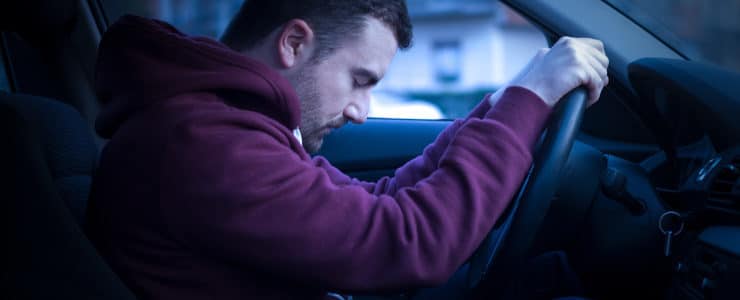When we think of driving under the influence, the image that typically emerges is one of a car swerving perilously on a freeway. But what if the scene is altered just slightly? What if a person is simply sitting in a parked vehicle, sipping on a drink, but still faces DUI charges? This might seem perplexing, yet it’s an intricate reality of the legal landscape. Can you actually get a DUI without driving? This question opens a Pandora’s box filled with legal considerations, societal norms, and personal ramifications.
At first glance, the notion appears counterintuitive—how can one be ensnared in the throes of a DUI charge if not actively navigating the asphalt jungle? However, laws across various jurisdictions are designed to navigate the intricacies of impaired judgment. When the intoxicating allure of alcohol or drugs is present, society takes a cautious approach, fearing the potential consequences of impaired judgment—even if that judgment hasn’t manifested in motion.
The heart of the matter resides in the definition of “driving.” Legally, driving isn’t confined to the act of steering a vehicle; it encompasses the concept of having control over a vehicle, regardless of one’s parking status. This is akin to holding a key to a treasure chest, wherein the potential for harm may be rife even before that chest is opened. In legal terms, “operating,” “driving,” or having “actual physical control” can encompass a broader spectrum than many would assume.
In many states, statutes explicitly indicate that a driver can be charged with a DUI simply for being in the driver’s seat with the engine running, or even when the keys are within reach. Imagine a modern-day Alice, who’ve wandered into legal Wonderland, where the mere act of being in control can lead one into a maze of repercussions. The essence of these laws echoes the sentiment that an ounce of prevention is worth a pound of cure; society prioritizes preemptive measures in the cat-and-mouse game against potential hazards on the road.
Many might question the fairness of such statutes. After all, what if the individual was merely waiting for a friend, contemplating life, or taking the proverbial “breather” within the confines of their automobile? The intent may not be to drive; yet the mere presence of substances known to impair judgment can warrant scrutiny. The case of an individual parked safely yet intoxicated invites further exploration. Is their existence in the vehicle a crime, or merely a misunderstood interlude?
Understanding how DUI laws function in this context can divest the common person’s preconceived biases. It’s often a misnomer that impairment must manifest through vehicular movement. Instead, the legal system adopts a zero-tolerance approach, imbuing a sense of gravity regarding public safety. In essence, just as a captain must ensure their vessel remains steady in port, not only while sailing through turbulent waters, so must the individual ensure they maintain clarity of judgment, even while static.
Furthermore, the variations in state laws can be a kaleidoscope of confusion. While some states demand clear evidence of dangerous behavior, others may interpret any semblance of impairment within the confines of a vehicle as an open-and-shut case. This legal chiaroscuro creates a patchwork of regulations, leading many to unwittingly wander into jurisdictional traps. Those uninformed may find themselves dangling perilously on the precipice of legal peril, unaware of the legislative nuances poised to ensnare them.
Legal repercussions for a DUI can be profoundly far-reaching. Fines, license suspensions, or even mandatory substance abuse programs beckon like ominous shadows in the wake of a charge. Moreover, there’s often a social facet to these consequences—stigma can swiftly follow an arrest, thrusting individuals into a tableau of public scrutiny. Envision the ripples in a pond—once disrupted, the waves of societal judgment can cascade into one’s personal and professional life, altering relationships and career prospects.
But what if the individual was simply using their vehicle as a sanctuary? Should someone, who has made the responsible choice not to drive while impaired, still be subject to public vilification? Advocates argue that refinement of existing laws is necessary, positioning individuals more as stewards of their choices, rather than scapegoats fashioned by a rigid legal framework. The conversation pivots towards personal responsibility—imbuing the notion that individuals must exercise cognitive autonomy, recognizing when to declare a proverbial “time-out” in an environment where judgment is entangled in substances.
In conclusion, as the lanes of our lives diverge, we must be wary of the untrodden paths. The intersection of DUI laws and the concept of “not driving” presents not just a legal conundrum but a tapestry woven with societal expectations and individual choices. One does not need to navigate public roads to find themselves entangled in the judicial system; merely taking a seat behind the wheel in an inebriated state can be a catalyst for complications unforeseen. As the old adage might suggest, it’s not just about steering the ship, but ensuring that one remains captain and crew alike—responsible and vigilant, in any harbor they might dock.
